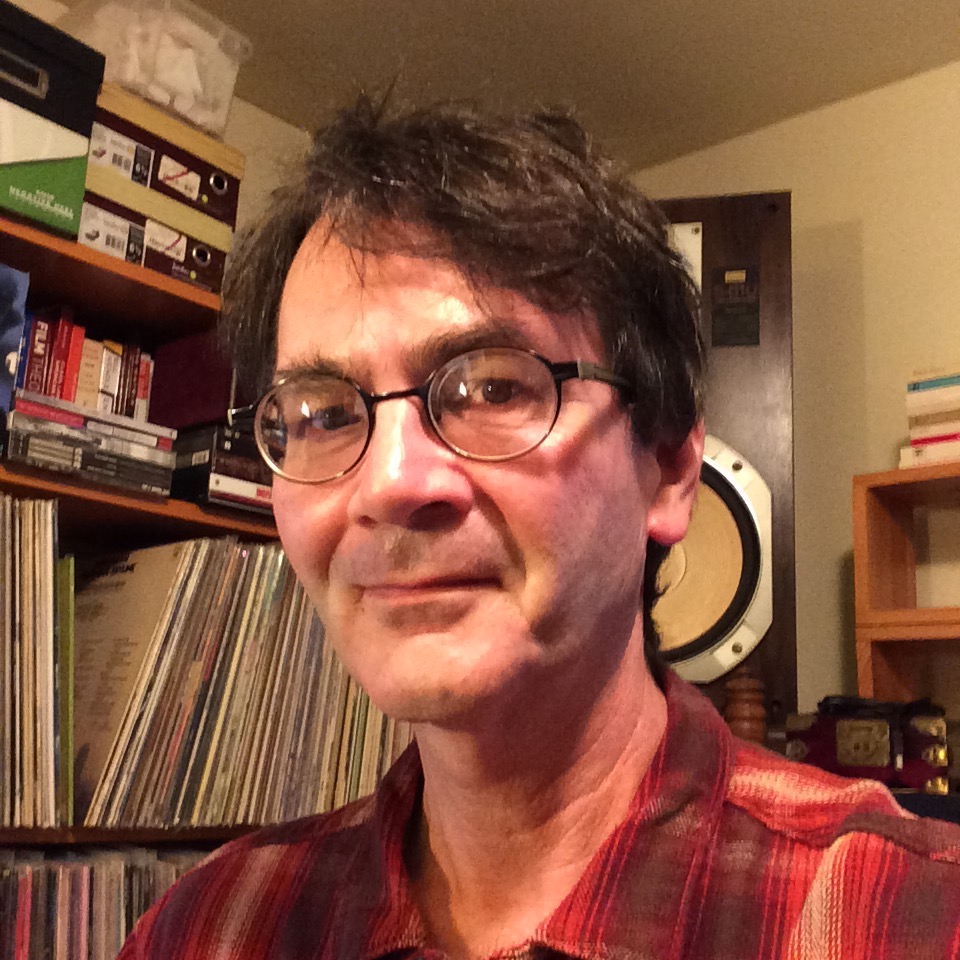At an advanced age I contracted philosophy. I was about eight years old. To this day I struggle with the pains and pleasures which accompany this great affliction. In my early adult meanderings, I had deftly ignored several dead-ends (such as chemical engineering) open to me, thanks to the fact that I grew up in an era when university students were permitted to discover in college what they want to be when they grow up, and when children did not have their retirement plans figured out by age thirteen. Only by sheer good fortune did I find a community of philosophers, here in central California, whose interests, style, and intellectual appetites matched my own. My growth from philosophy student to philosophy teacher has been nurtured in this hot, dusty place – and it is only the right combination of chance and drive and the energy of the people who happen to be here, from that past moment to now, who make that difference in my life. Whatever it might have been to light the fire and blast through the inertia, the momentum to keep moving only accrued after many false starts and sincere, enduring self-containment. To my students, some older, some younger, your entire past is yet to be written by what you’re doing from here on out.
M. A. (with distinction), Interdisciplinary Studies (Continental Thought and Critical Theory), Stanislaus State, August 2009
B. A., Russian Language and Literature, University of Florida, May 2000
Stanislaus State (2010 – present)
- Introduction to Philosophy (PHIL 1010)
- Introduction to Critical Thinking (PHIL 2000)
- Logic (PHIL 2100)
- Contemporary Moral Issues (PHIL 2400)
- Philosophy and Film (PHIL 2500)
- Existentialism (PHIL 3050)
- Professional Ethics (PHIL 4401)
Modesto Junior College (2002 – 2011)
- Introduction to Philosophy (PHILO 101)
- Reasoning (PHILO 105)
Advisor and Contributing Editor to section on “Giorgio Agamben” in Contemporary Literary Criticism, CLC volume 355, pp. 1–104; Detroit: Gale, Cengage Learning, 2014.
Commentator on Peter Milne “The Intractable: Lyotard’s Post-Colonialism and the Energy of Resistance,” Colloquium: Oppression and Resistance; APA Pacific Division, Vancouver, B.C., Canada, April 17 – 20, 2019
“Defaire L’Occident (Dismantling the West),” conference dedicated to the limits of the political (anarchism, communism, empire, cybernetics, hacker communities); Nedde, Haute-Vienne, France, July 27 – August 3, 2013.
“Ethics in the Americas” – Conference dedicated to Latin American thought in the context of decolonial strategies; University of Oregon, Eugene; Nov. 11–13, 2011.
Presentation of paper “Myth, Play, and Experience in Agamben” at the Community Colleges Humanities Association, Pacific-Western Division Conference: “Mythologies: Sacred Stories and False Stories in the Humanities,” Seattle, WA, November 11–13, 2010
Graduate student participants conference organizer/ director at the annual international conference dedicated to research in continental philosophy, Collegium Phaenomenologicum, Cittá di Castello, Italy; July – August, 2004.
Presentation of paper “Lacan on Antigone: How a Modern Might Read Sophocles” to the San Francisco Society for Lacanian Studies; February, 2003
Award from Graduate Fee Waiver Program at CSU-Stanislaus given to “outstanding graduate students who make significant contributions to the University through teaching and research responsibilities within their academic departments,” Stanislaus State, 2003
My teaching concentration is in Professional Ethics, Logic, Intro to Critical Thinking, Philosophy and Film. I have also taught Existentialism, Introduction to Philosophy, Contemporary Moral Issues. I will briefly talk about just those courses I teach most often.
With my teaching in Professional Ethics (PHIL 4401) I prepare students for an aspect of their professional life (your “job”) that is often neglected or undervalued in a culture which puts an all-too-anxious and exclusive emphasis on getting results. Students completing my Professional Ethics course develop the skills and knowledge to be able to think and to act ethically in the context of their future professional life. My aim here is to empower future professionals to bring about change in areas where unethical practices continue to this day in the realm of corporate and other institutional organizational structures.
With my teaching in Logic (PHIL 2100) and Critical Thinking (PHIL 2000), my students develop their ability to sift through, identify and evaluate poor reasoning, and to articulate their own well-grounded arguments. My aim here, similarly to the Socratic imperative to know the limits of one’s own knowledge, is to actualize and to direct each student’s capacity for critical self-reflection on one’s own reasoning, as well as engaging it in dialogue with the reasoning of others.
With my teaching in Philosophy and Film (PHIL 2500), I introduce students to various ways of critically engaging films with a view toward adding another dimension to their enjoyment and understanding of a uniquely modern art form and the philosophical, political, and social implications of particular films. My aim here is to engage students in an interdisciplinary approach to the art of cinema, using various sources from the the history of film and the social sciences (philosophy, political science, social critique, psychoanalysis, etc.), toward the appreciation of the demands and questions that any film can stimulate
Since my position does not require publishing in order not to perish, my research interests are limited mostly to what I will actually read in order not to be bored to death. My continuing interests include authors, writers, philosophers, and artists from various fields. Here are the current voices, shouting loudest above the clamor of 1,000 (un)read books and recordings:
Literature/ Poetics/ Linguistics: Sophocles, Pushkin, Dostoyevsky, Gogol, Rimbaud, Bulgakov, Kafka, Saussure, Benjamin, Jakobson, Blanchot, Calvino, Agamben, Vonnegut, McCarthy.
Psychoanalysis: Lacan, Freud, Hoens, Hook, De Kesel.
Philosophy: Agamben, Nietzsche, Kant, Bergson, Deleuze (on cinema), Zizek (psy-phi), Zupancic.
Film: Any documentary on Netflix (2020-2023), Herzog, Jarmusch, De Palma, Tarkovsky.
Music: Mozart to Debussy; Bebop jazz; British invasion, post-punk, shoegaze, ‘60s to ‘80s psychedelia/ freakbeat, ‘60s to ‘80s American garage.
